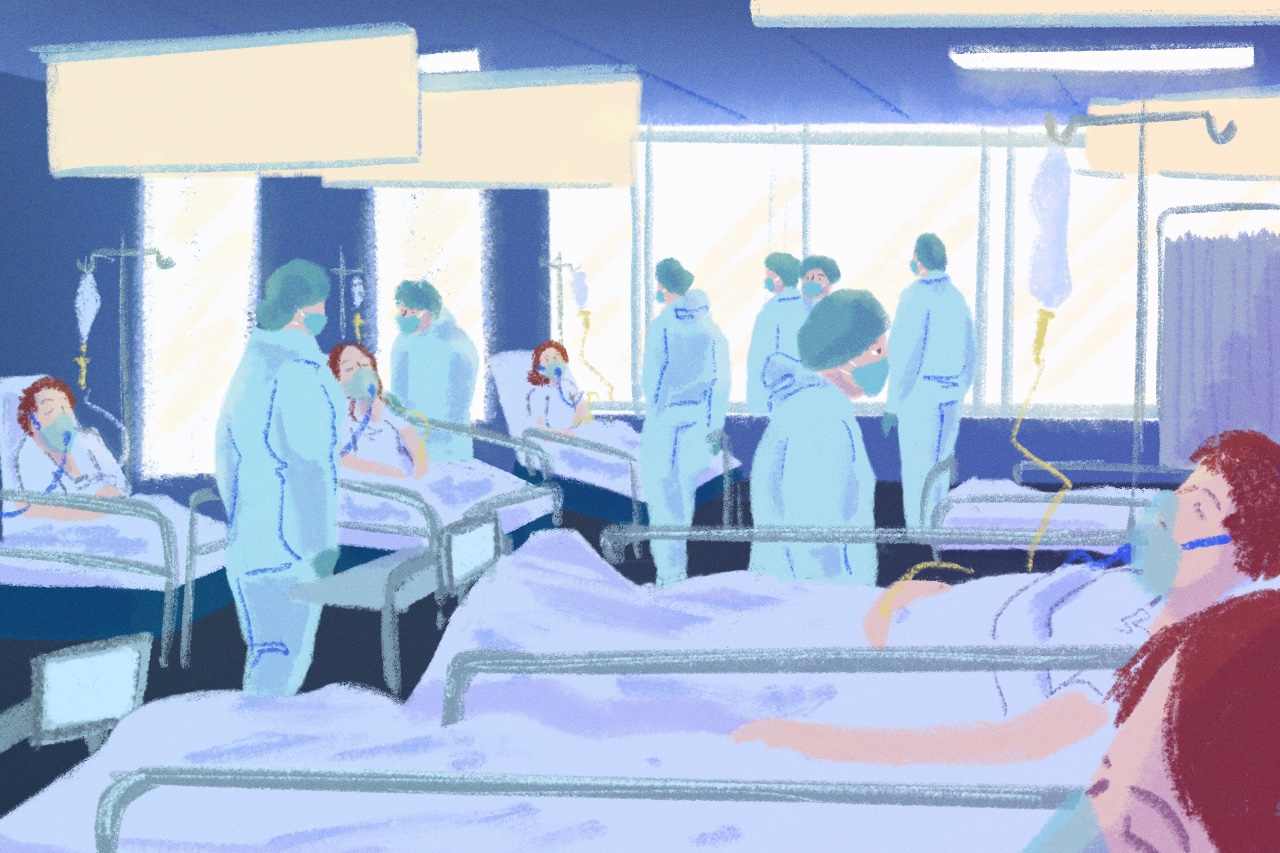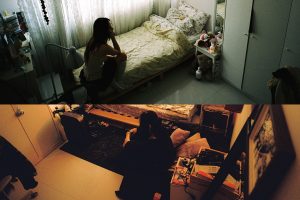“My friend and her parents got Covid in Bangladesh, and now her family is almost bankrupt,” Sojib Ahmed tells me. A 29-year-old migrant worker from Bangladesh, he adds: “I don’t have savings, so I worry every day that my family will be stuck in the same situation.”
I can’t relate to Sojib because my parents are safe in Singapore with me. And knock on wood, but the country is doing pretty well with the containment of Covid-19. We haven’t had a case from community transmission since November 10, and thanks to high quality medical care, the mortality rate of Covid-19 in Singapore is significantly lower than in other countries.
Given how lucky we are, it can be easy to forget the extent to which other countries are still struggling to contain the virus. Countries like Bangladesh and the Philippines still have a daily case count in the thousands, and migrant workers in Singapore with families in these countries are in a constant state of worry.
On 16 November, Bangladesh saw 2,139 cases and 21 deaths, this month the country has seen the highest numbers it has had in 2 months. On the same day, there were 1,736 new cases in the Philippines. It is the country with the second highest number of coronavirus infections and deaths in South-east Asia after Indonesia.
Myanmar is also seeing daily cases in the thousands, and after a second wave of infections, health officials in Pakistan have warned that the country may enter lockdown again.
While the conditions across Asia are of great concern to migrant workers in Singapore—who just a couple months ago were the ones bearing the brunt of pandemic cases locally—it is also of concern to Singaporeans eager to return to a sense of normality. Until the wider region manages to contain the virus effectively, Singapore will not be able to open its borders without exposing itself to substantial risk.
In Indonesia, health specialists are saying that the country may need until 2022 to fully recover from the pandemic, and looking at how other neighboring countries are doing, it is hard to say if Singapore can fully recover any sooner.
To get a better sense of how the Covid-19 situation is developing on ground in different parts of Asia, I spoke to two foreign domestic workers and one migrant worker to find out how their families are doing, and how they are helping from here:
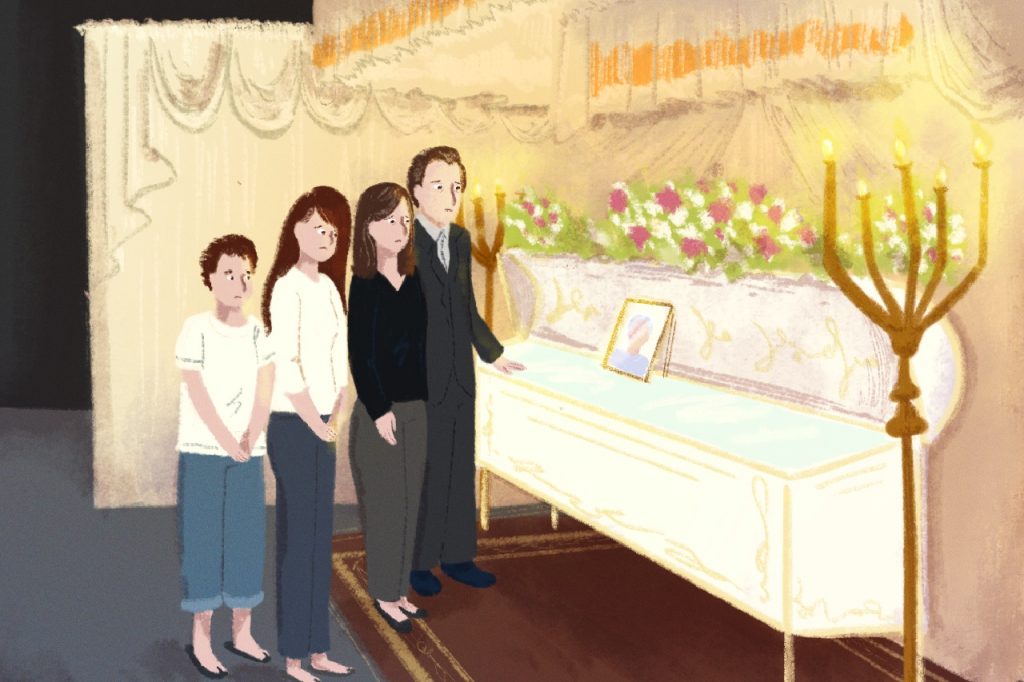
Last September, I went home to Cavite City, Luzon, to attend my father’s funeral. That was the last time I have seen my family, so it’s been more than a year. I miss them everyday.
Luzon is dealing with the pandemic a lot better than Manila, so I’m not as worried. But when it all started, the case numbers were mounting and I felt so helpless being stuck here. I told my kids not to go out, I ordered food for them online, and made sure they had everything they needed. I sent multiple boxes too because even if they have money I don’t want them to be going around.
My youngest kid is 17 and is in secondary school, while the eldest is 20 and in university. I feel guilty for not being there with them during this time, because it reminds me of the time when I couldn’t be there for them when their brother passed away.
My husband is a construction worker and he lost his job because of the pandemic. Thankfully I can support us by sending back about 10,000 pesos (approximately 280 SGD) every month. If they need more, I’ll send more.
Sojib Ahmed, 29, Migrant worker from Bangladesh
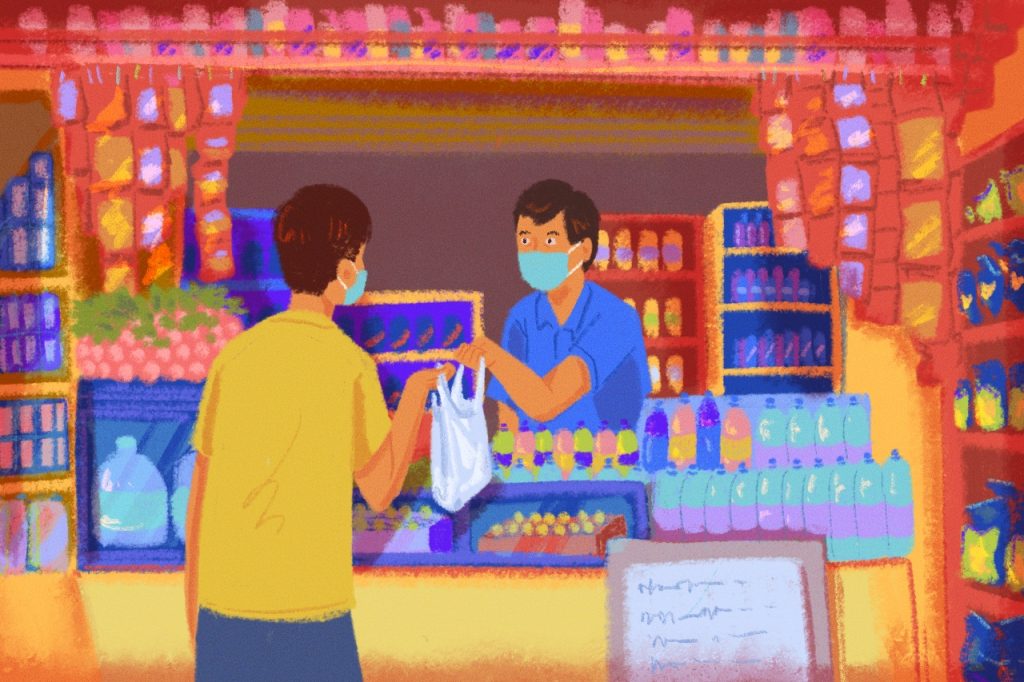
Luckily I have finished paying off my debts, which leaves me with more income to send home. But some of my Bangladeshi brothers only came to Singapore one or two years ago, so they are still paying their loans back—some have debts of up to S$12,000 dollars. Throughout the pandemic they had nothing to send back. Luckily, the Bangladeshi government stopped all loan payments for 3 months to help us, so that came as a big relief.
At home, my father smokes cigarettes, which makes me really worried for his health. I’ve been telling him to stop, and he’s trying. He is also the one who goes out to the market and buys food for the family, so he has higher exposure.
My older sister’s family is also at risk because her husband is a shopkeeper, so he’s constantly exposed to so many people everyday.
My friend and her parents got COVID in Bangladesh, and now her family is almost bankrupt. In Bangladesh, the government doesn’t pay for treatment unless you go to a public hospital—which isn’t that great. They aren’t like the government hospitals here. Their bill came up to be more than S$200,000, so they used up all of their savings. Now that I have finished paying back my loans, I have been sending most of my money home. I don’t have savings, so I worry every day that my family will be stuck in the same situation.
Jane, 33, Domestic Helper from the Philippines
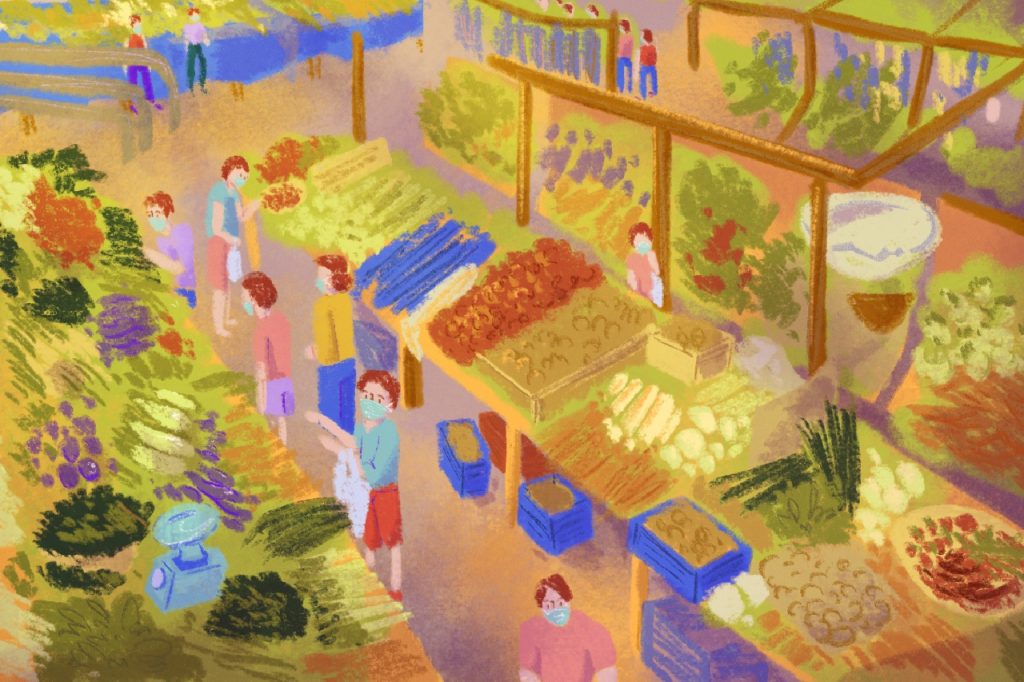
Even if I was home, I didn’t get to see my husband much because he works on the frontlines in the maintenance of the hospital. It’s a government-owned hospital, and it’s one of the frontline hospitals for COVID patients in our area. He has to go to work for 21 days at a time without coming home, then he gets 14 days off after that.
At first, I didn’t want to come back to Singapore, but I saw my neighbors struggling financially. I thought to myself that I didn’t want my niece or parents to go through that, so I came back to my job.
To this day I tell my husband not to shower in the house when he comes back. He has to shower outside and sleep in a separate room from everyone else, just in case.
My father has a rice mill, and my mother works in a handicraft initiative making bags out of raw materials, which are usually sold to tourists. Now that there is no domestic or international travel, it’s hard for her. She hasn’t had an income since March.
My brother works in a hotel in Boracay, which is a big tourist destination. Of course now they have taken a big hit as well. My father is the only one who still works consistently because rice is a staple food in the Philippines, so there’s always someone who needs him to mill the rice.
My niece is only 8-years-old, and I think she has it the hardest. The school sends over modules and she completes them, but we don’t have Wi-Fi, and the mobile network is slow, so online school isn’t easy. Not everyone can afford Wi-Fi or mobile internet, so we will rely on printing a lot.
Luckily there have been a few initiatives that take paper donations. This helps lower the cost of printing for students who can’t use the internet. Even from Singapore, a lot of people in the Filipino community have been donating money for students to print their school work.
When I speak to her she always says to me, “Ma, you’re so lucky that you can go shopping!” because no one under the age of 21 is allowed to leave the house at home.
It’s also a good reminder that anyone living in Singapore has, and is, greatly benefiting from the migrant workers who find themselves here. Since June, construction has been resuming gradually, helping our economy to slowly recover. And in the thousands of homes across the country, foreign domestic workers are supporting families, the elderly, children, and professionals with their daily tasks.
As they support us in all these ways, are we aware of what they have left behind to do so?

